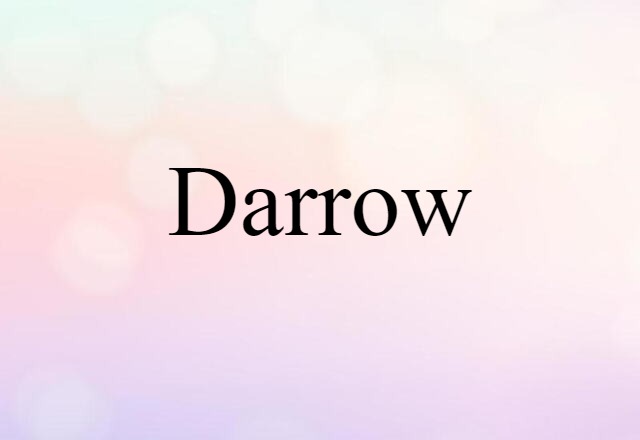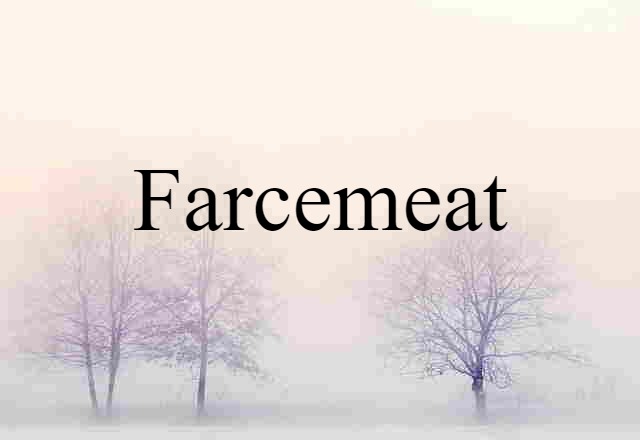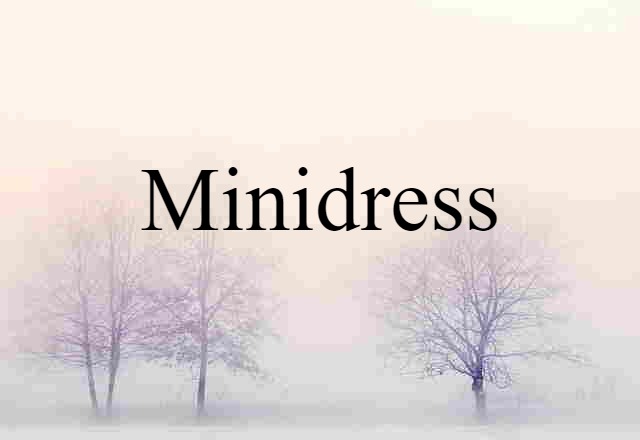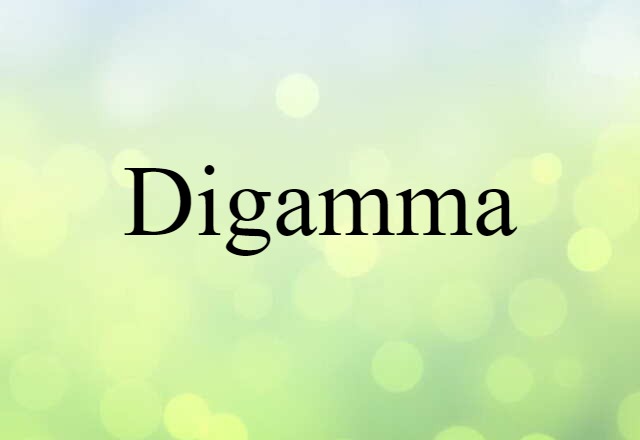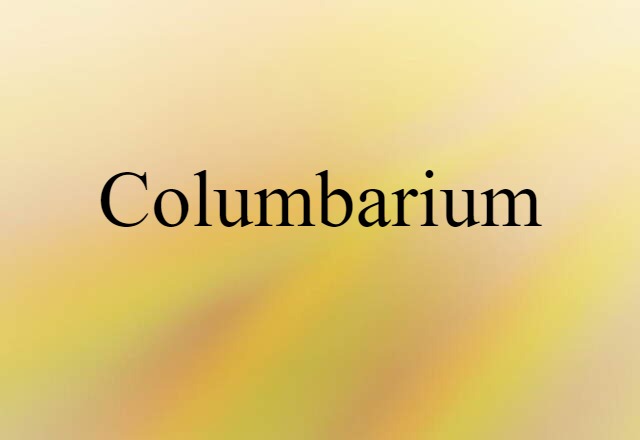- formerly, a federal republic in S Europe: since 1992 comprised of Serbia and Montenegro; disbanded into independent countries in 2006. 39,449 sq. mi. (102,173 sq. km). Capital: Belgrade.
- a republic in S Europe on the Adriatic: formed 1918 from the kingdoms of Serbia and Montenegro and part of Austria-Hungary; a federal republic 1945-91 comprised of Bosnia and Herzegovina, Croatia, Macedonia, Montenegro, Serbia, and Slovenia.
- a former country in SE Europe, comprising Serbia and Montenegro, that was formed in 1991 but not widely internationally recognized until 2000; it was replaced by the Union of Serbia and Montenegro in 2003 (dissolved 2006)
- a former country in SE Europe, on the Adriatic: established in 1918 from the independent states of Serbia and Montenegro, and regions that until World War I had belonged to Austria-Hungary (Croatia, Slovenia, and Bosnia-Herzegovina); the name was changed from Kingdom of Serbs, Croats, and Slovenes to Yugoslavia in 1929; German invasion of 1941–44 was resisted chiefly by a Communist group led by Tito, who declared a people's republic in 1945; it became the Socialist Federal Republic of Yugoslavia in 1963; in 1991 Slovenia, Croatia, and Bosnia-Herzegovina declared independence, followed by Macedonia in 1992; Serbia and Montenegro formed the Federal Republic of Yugoslavia, subsequently (2003) replaced by the Union of Serbia and Montenegro (dissolved 2006)
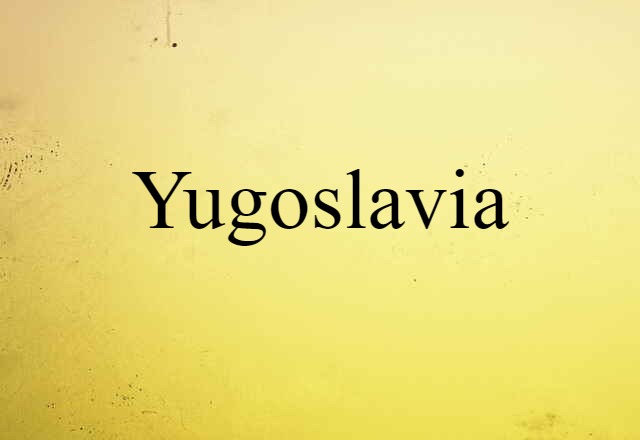
More Definitions
- IF WISHES WERE HORSES, THEN BEGGARS WOULD RIDE (noun) Definition, Meaning & Examples
- BEATRICE (noun) Definition, Meaning & Examples
- INFOPRENEUR (noun) Definition, Meaning & Examples
- VERSAILLES, TREATY OF (noun) Definition, Meaning & Examples
- BUHL (noun) Definition, Meaning & Examples
- STINK TRAP (noun) Definition, Meaning & Examples






